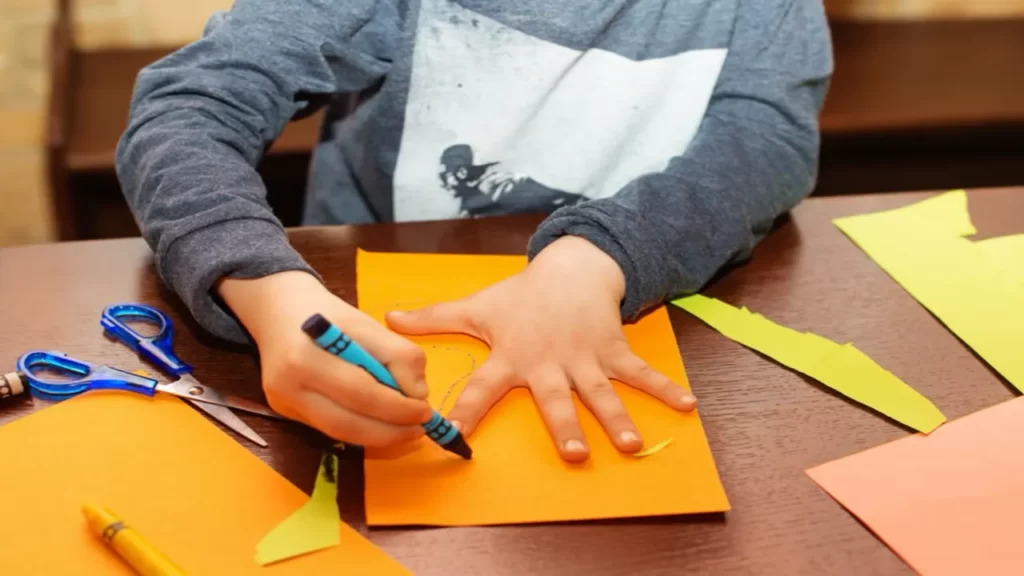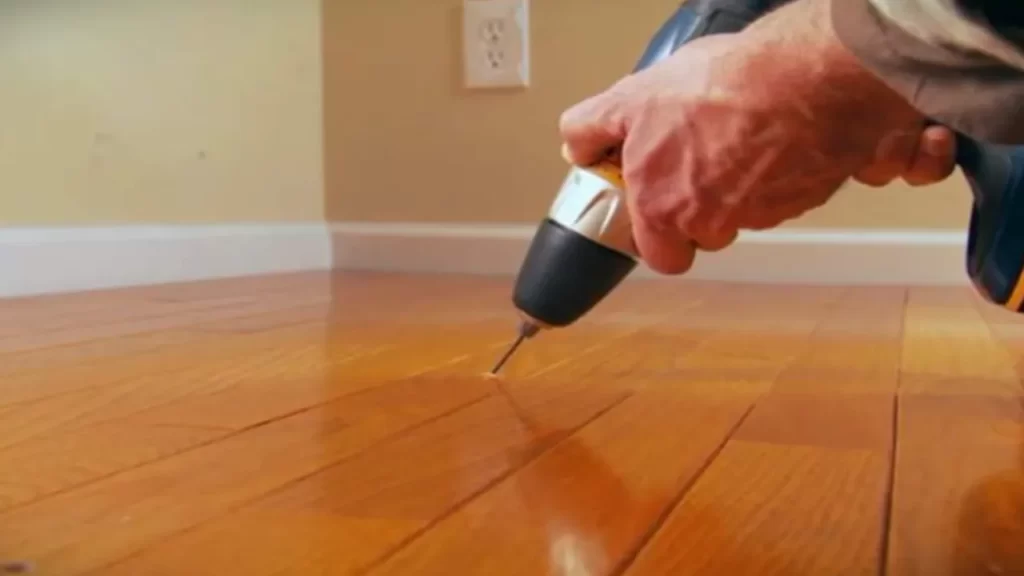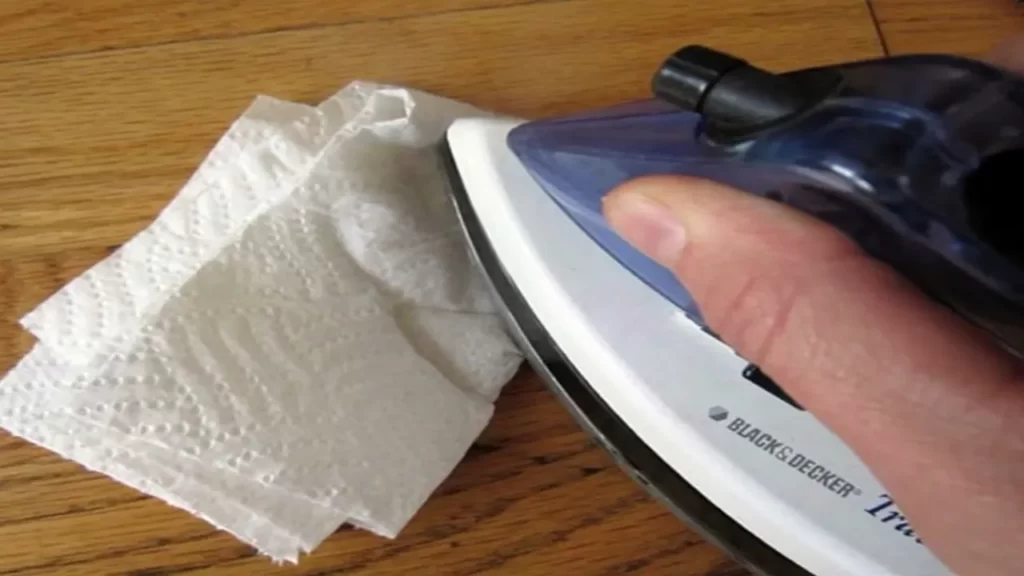In a world where self-reliance is increasingly valuable, home repair skills are a golden ticket. These skills are not only practical but also incredibly empowering, especially for students. Learning the ropes of home repair can save a trip to the repair shop and a dent in the pocket, particularly for students who often work within a budget.
Home repair skills offer students both tangible and intangible benefits. Financially, these skills can lead to significant savings. Moreover, the versatility and resourcefulness developed from mastering these skills prepare students for real-world challenges, fostering independence and confidence in their abilities.
However, the perks don’t stop at the individual level. Home repair skills also open doors to community engagement, career opportunities, and even entrepreneurial ventures. Plus, in a time where sustainability and self-sufficiency are paramount, having the ability to fix things around the home reduces waste and promotes a more eco-conscious lifestyle.
Why Home Repair?
Learning the intricate art of home repair serves a dual purpose. Not only does it offer practical knowledge, but it’s also an embodiment of empowerment, self-sufficiency, and forward-thinking.
Cost Efficiency
Home repair skills are like an investment. By mastering them, students stand to reap numerous financial rewards.
Financial Savings
Every repaired leaky faucet or fixed door hinge translates into money saved. Over time, these savings accumulate. Rather than spending on professional services for minor repairs, students can redirect these funds to other essential needs.

DIY vs. Hiring Professionals
While professionals bring expertise, not every home repair requires their intervention. Simple repairs, when done accurately, can be managed personally, leading to cost efficiency.
Valuable in Tight Budgets
For students working within a budget, home repair skills are a lifesaver. They provide an avenue to maintain a decent living standard without burning a hole in the pocket.
Resourcefulness Development
Equipping oneself with home repair skills is not just about fixing things. It’s a journey of developing critical life skills.
Problem-Solving Skills
Encountering a broken appliance or a malfunctioning electrical outlet demands immediate solutions. This pushes students to think on their feet, honing their problem-solving abilities.

Creative Thinking Enhancement
Repairs aren’t always straightforward. Sometimes, they need a touch of creativity. Finding innovative solutions to common problems amplifies one’s creative thinking prowess.
Intangible Advantages
Beyond the visible outcomes, the act of repairing and creating has profound effects on the human psyche.
Confidence Boost
Successfully repairing something broken instills a sense of pride. This achievement, no matter how small, significantly boosts confidence.
Accomplishment and Empowerment
There’s an unmatched satisfaction in seeing a repaired object function seamlessly. This feeling of accomplishment further fuels the drive to learn and achieve more.
Stress Reduction
Engaging in DIY activities can be therapeutic. The concentration it demands allows for a momentary escape from daily stresses, promoting mental well-being.
Skill Diversification
In an ever-evolving world, the more skills one possesses, the better equipped they are to face challenges.

Adding to One’s Skill Set
Every repair task mastered adds a feather to the cap. This diversified skill set not only proves beneficial in personal life but also opens doors to numerous opportunities.
Career and Future Prospects
Home repair skills, when honed to perfection, can pave the way for a promising career.
Job Opportunities
Fields like handyman services, carpentry, and other trade skills are always in demand. Proficiency in home repair ensures a steady influx of job opportunities.
Entrepreneurial Ventures
The DIY and home repair industry is burgeoning. Armed with the right skills and entrepreneurial spirit, students can venture into starting their own DIY or home repair business, turning their passion into a profitable endeavor.

Social and Community Aspects
Diving into the realm of home repair isn’t just a personal journey; it’s also a communal experience that fosters connections and community engagement.
Bonding Activities
Collaborative Projects with Peers
Embarking on DIY projects with friends and peers isn’t merely about fixing things; it’s about building relationships. Working together, facing challenges, and celebrating successes strengthens bonds.
Community Service
Volunteer Repair Work
Offering repair services voluntarily in community centers, shelters, or schools is a great way to give back. It not only uplifts the community but also instills a sense of purpose and contribution.
Learning Avenues
The path to mastering home repair skills is paved with numerous resources and platforms.
Online Platforms
Video Tutorials and Courses
The digital age brings learning to one’s fingertips. Numerous platforms offer video tutorials, from basics to intricate repair tasks, catering to all skill levels.
Local Workshops
Community Centers and Colleges
Many local institutions offer workshops where enthusiasts can learn and practice hands-on. These workshops often provide tools, materials, and expert guidance.
Books and Manuals
Time-tested Methods
While digital resources are plentiful, traditional books and manuals retain their charm. They offer in-depth insights, diagrams, and step-by-step guides that stand the test of time.
Common Tools and Techniques
Every repair enthusiast, novice or expert, needs a repertoire of tools and techniques to tackle any task effectively.
Basic Toolkit Essentials
Must-have for Beginners
- Hammer: A versatile tool for nailing and minor fixes.
- Screwdrivers: Both flat-head and Phillips are essential.
- Tape Measure: For accurate measurements.
- Pliers: Useful for gripping, bending, and cutting.
- Wrench: For tightening and loosening nuts and bolts.
Advanced Instruments
For Specialized Tasks
- Power Drill: Ideal for drilling holes and driving screws.
- Saw: Necessary for cutting wood and other materials.
- Sander: To smoothen surfaces.
- Level: To ensure perfect horizontal and vertical alignments.
Techniques Overview
Repair Methodologies
Home repair isn’t just about using tools; it’s about knowing the right technique. Whether it’s patching up a hole, fixing a leak, or mending broken furniture, each task demands a specific approach and technique.
Tips for Beginners
Every journey begins with a single step, and the venture into home repair is no different. Here are some foundational tips for those starting out.
Starting Small
Picking Initial Projects
Dive into simple tasks like fixing a leaky faucet or assembling furniture. These small wins will provide the confidence to tackle bigger projects.
Safety First
Protecting Oneself During DIY
Safety should never be compromised. Always wear protective gear, including gloves, safety goggles, and ear protection when necessary. Work in well-lit areas and keep emergency numbers handy.
FAQs
Why are home repair skills essential for students?
Home repair skills offer practical knowledge, which can lead to cost savings and self-reliance. Additionally, these skills can be a stepping stone to career opportunities in related fields.
Can these skills lead to career opportunities?
Absolutely. Mastery in home repair can lead to jobs in carpentry, handyman services, or even starting a DIY-based business.
Is learning home repair time-consuming for students?
While there’s a learning curve, many resources make the process efficient. Plus, the investment in time pays off in the long run with the skills acquired.
Are there community benefits to learning home repair?
Yes, students can offer their skills for community service or collaborate on projects, fostering community ties and promoting a culture of sharing and learning.
Conclusion
Home repair skills, while practical in nature, go beyond the realm of fixing things. For students, they represent a pathway to independence, a toolkit for real-world challenges, and a chance to be part of a larger community initiative. With the world rapidly evolving, adaptability and versatility become paramount. Home repair skills embed these values, setting students on a path where they’re not just learners but also doers, ready to face the world’s challenges head-on.
